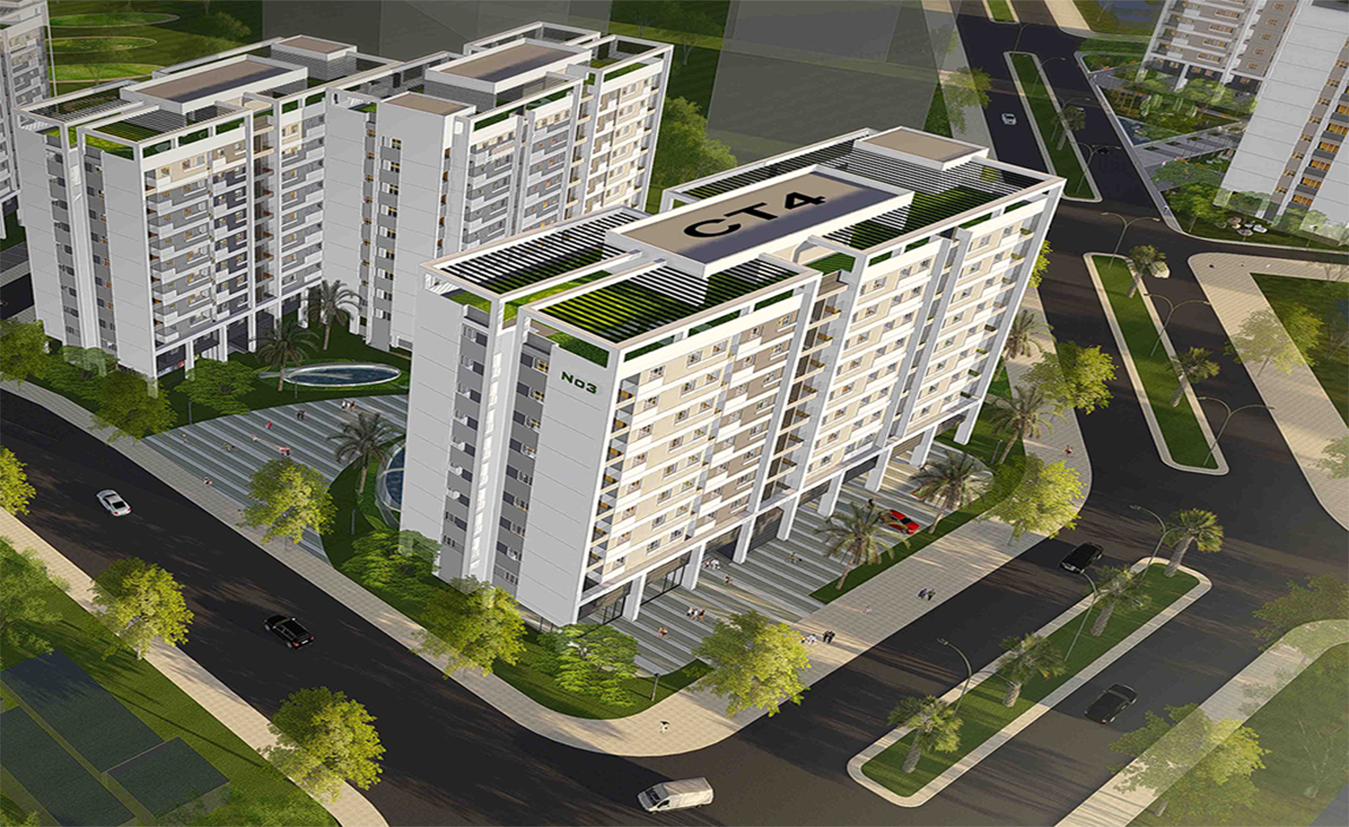Increasing legal capital, detailing the scope of real estate business, and the business activities of future-formed real estate properties, among others, are some of the notable points regulated in the Real Estate Business Law 2014.

Law on Real Estate Business 2014 (KDBDS) was just passed by the National Assembly on November 25, 2014, will take effect from July 1, 2015, and includes the following notable changes:
Subjects of Real Estate Business
According to the provisions of the Law on Real Estate Business 2014, organizations and individuals engaged in real estate (BDS) business must establish an enterprise or cooperative (hereinafter referred to as an enterprise). In cases where organizations, households, and individuals only sell, transfer, lease, lease-purchase real estate on a small scale, and not regularly, they are not required to establish an enterprise but must declare and pay taxes according to the law such as personal income tax, corporate income tax, etc.
Conditions on Legal Capital
Real estate business enterprises must have legal capital not less than 20 billion VND, while the current regulation is 6 billion VND. Real estate business enterprises that are operating but do not meet the conditions according to this Law must supplement the conditions within one year from the effective date of this Law, i.e., the deadline is July 1, 2016.
Scope of Real Estate Business
While the current Law on Real Estate Business provides very general regulations, the Law on Real Estate Business 2014 details the scope and forms of real estate business for each subject of real estate business. PLF exemplifies the situations: For housing and construction projects already established, domestic organizations and individuals can buy, buy to sell, lease, lease-purchase, or sublease; For land allocated or recognized right of using land by the State, they can invest in building houses for sale, lease, lease-purchase; For land rented by the State or rented from other organizations, households, individuals, they can invest in building houses for lease according to the land use purpose, etc.
Real Estate Business Formed in the Future
The Law on Real Estate Business 2014 has supplemented many regulations on real estate business formed in the future, specifically:
Real estate business formed in the future can only be carried out when the real estate has documents on land use rights, project files, construction drawing designs approved by the competent authorities, Construction Permits, etc., and after being notified by the provincial housing management agency that the housing is eligible for sale, lease-purchase. It should be noted that for real estate formed in the future that is apartments or mixed-use buildings with residential purposes, they can only be put into business when there is an acceptance document that the foundation of that building has been completed.
The real estate project investor before selling, lease-purchasing housing formed in the future must be guaranteed by a commercial bank with sufficient capacity to perform the financial obligations of the investor to the customer if the investor does not hand over the house as committed. In cases where the investor does not hand over the house on schedule and the buyer or lessee-purchaser requests, the guarantor bank is responsible for returning the prepaid amount and other amounts to the customer according to the signed purchase, lease-purchase contract and the guarantee contract.
Payment in the purchase, lease-purchase of real estate formed in the future is made in several times, the first time not exceeding 30% of the contract value, the subsequent times must correspond to the construction progress but the total amount must not exceed 70% of the contract value when the house, construction project has not been handed over; in cases where the seller, lease-purchaser is an enterprise with foreign-invested capital, the total amount must not exceed 50% of the contract value.
In cases where the buyer, lessee-purchaser has not been granted the Certificate of land use rights, ownership of houses and other assets attached to the land, the seller, lessor-purchaser cannot collect more than 95% of the contract value; the remaining value of the contract is paid when the competent State agency has issued the Certificate to the buyer, lessee-purchaser.
The buyer, lessee-purchaser has the right to request the seller, lessor-purchaser to provide information on the construction investment progress of the project, the use of advance funds, and inspect the actual situation at the project, and transfer the purchase, lease-purchase contract of houses formed in the future aside from other basic rights such as requesting the seller, lessor-purchaser to complete the sales, lease-purchase procedures, hand over the house on time; compensate for damages in case of faults by the seller, lessor-purchaser, etc.
Real Estate Service Business
Law on Real Estate Business 2014 has removed certain real estate services such as valuation, auction, and real estate advertising. From July 1, 2015, the real estate services that can be provided include brokerage, consultancy, property management, and real estate trading floors.
 Article table of contents
Article table of contents





.Medium.png)
.Medium.png)
.Medium.png)
.Medium.png)
